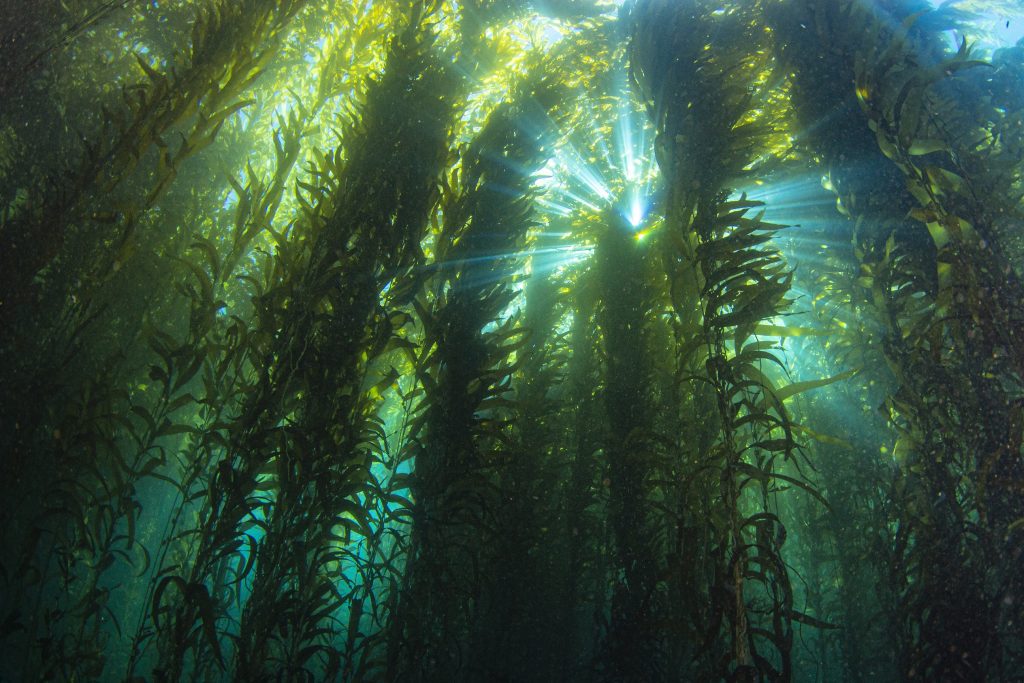
News & Views
Fish Health
Fish Nutrition
Sustainability
BioMar considers microalgae a non-niche ingredient
February 25, 2022 By Hatchery International Staff
 Photo: Douglas Klug, Santa Barbara, CA
Photo: Douglas Klug, Santa Barbara, CA BioMar’s Brande, Denmark facility has significantly scaled up its inclusion of microalgae into its raw material portfolio, which will elevate BioMar’s sustainability criteria, as microalgae contributes to a reduced dependency on wild fish stocks.
BioMar has had its research and developments focused on algae-based ingredients since 2013, performing extensive internal and external research projects. Most recently, BioMar Hellenic’s ‘Alga4Fuel&Aqua’ project was done in collaboration with the University of Thessaly and other key stakeholders.
BioMar’s first commercial feeds containing microalgae hit markets in 2016. By 2021, the company reached one million tonnes of salmon feeds containing microalgae. With the upscaling of microalgae in the raw material portfolio at the Brande facility in BioMar, it is now no longer considered a niche ingredient.
“Microalgae has been a game-changing strategic ingredient for us for years, and still is,” said Anders Brandt-Clausen, managing director at BioMar Baltics. “We are now delighted to increase the volumes we use significantly and raise the sustainability bar for our flagship products. Microalgae is no longer a novel idea, it has become a commercial reality.”
Marine ingredients such as fishmeal and fish oil are excellent sources of nutrients vital for fish nutrition, however they are finite resources. By including microalgae high in long chain omega fatty acids in feed diets, it is now possible to bypass the wild fish and go straight to the original source of marine omega-3s. This helps to relieve pressure on the oceans, while ensuring that the fish are still getting the optimal nutrition required. Additionally, it lowers the Fish In : Fish Out ratio.
Print this page
Advertisement
- Papain for juvenile sterlet in Poland
- AquaMaof and Atacama Yellowtail partner for 900-tonne yellowtail kingfish RAS facility





